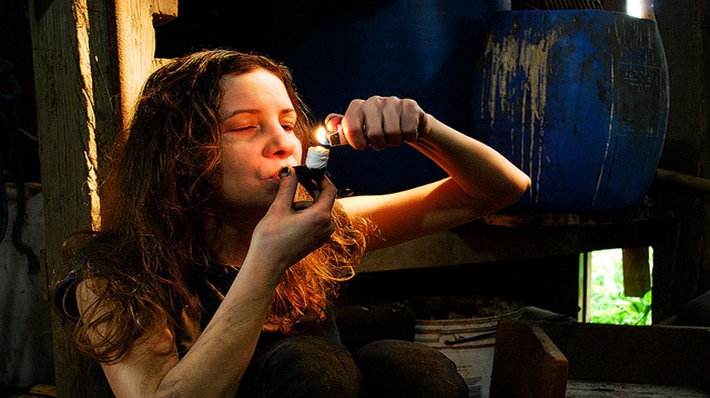There are many different types of abusive substances that range in severity and the potential for addiction. Among those are some more “mild” drugs, such as marijuana but there are also some very strong drugs as well, including crack cocaine. When an individual uses crack cocaine and becomes addicted to it, it can be a very powerful addiction indeed!
Crack cocaine is a type of stimulant that affects the central nervous system in its entirety. Along with causing the stimulative effect and the high that goes along with it, it also puts dangerous stress on various parts of the body. When an individual abuses crack cocaine, it affects their entire quality of life, affecting the lungs, heart and brain with severe stress.

When a person smokes crack cocaine, the heart begins beating faster and the muscles of the heart tense. It is at that point that the individual who is using crack experiences the exhilaration, as mood hormones are released into the brain. Behind the scenes, additional stresses are being put on the body, as the blood vessels constrict, spiking the blood pressure and the heart continues to beat faster.
Crack cocaine may result in a type of euphoria experienced as all of these things take place, but it can also result in sudden death from cardiac arrest, stroke or heart attack.
The effects of crack cocaine will not last as long as the powder cocaine that is snorted. This will often result in the individual continuing to seek crack and use it as frequently as possible. Unfortunately, the addiction to crack is so strong that some people will do almost anything to get their next high. This may include an individual stealing money to obtain crack or a woman becoming a prostitute to get money.
There are a number of signs to look for when it comes to crack addiction. In many cases, the individuals leave behind small plastic bags with residue of crack inside. You may also see that their fingertips are burned from holding onto the crack pipe as it heats up. They may also display a number of physical symptoms, including the following:
Dry Mouth
Dilated Pupils
Sweating
Low Appetite
High Energy
Restlessness
Mood Swings
Depression
Defensiveness
Hallucinations
Paranoia
There are some experts who believe an individual who suffers from crack addiction may also experience premature aging and could even develop Parkinson’s disease.
If you or someone you know is having a problem with crack addiction, there is help. Various treatment programs are available to assist the addict in overcoming their addiction and living a life that is full, productive and free of the addictive problem.
Most crack cocaine treatment programs start with detoxification, helping to free the body of the drug and starting the withdrawal process. During that time, the individual may suffer from a number of severe psychological effects, including anxiety, mood swings and agitation.
After detox, the addict may then begin the rehabilitation process at a rehab center. These centers focus on crack addiction treatment and can go a long way in helping a person to learn to live his life free of crack.
